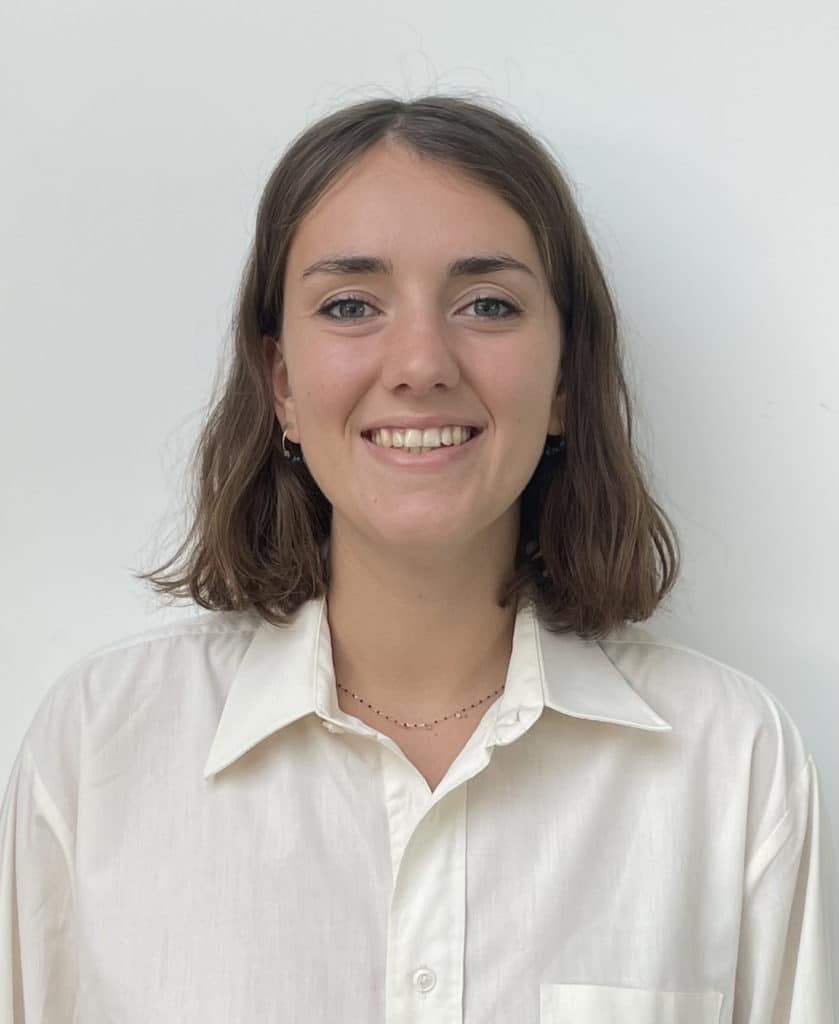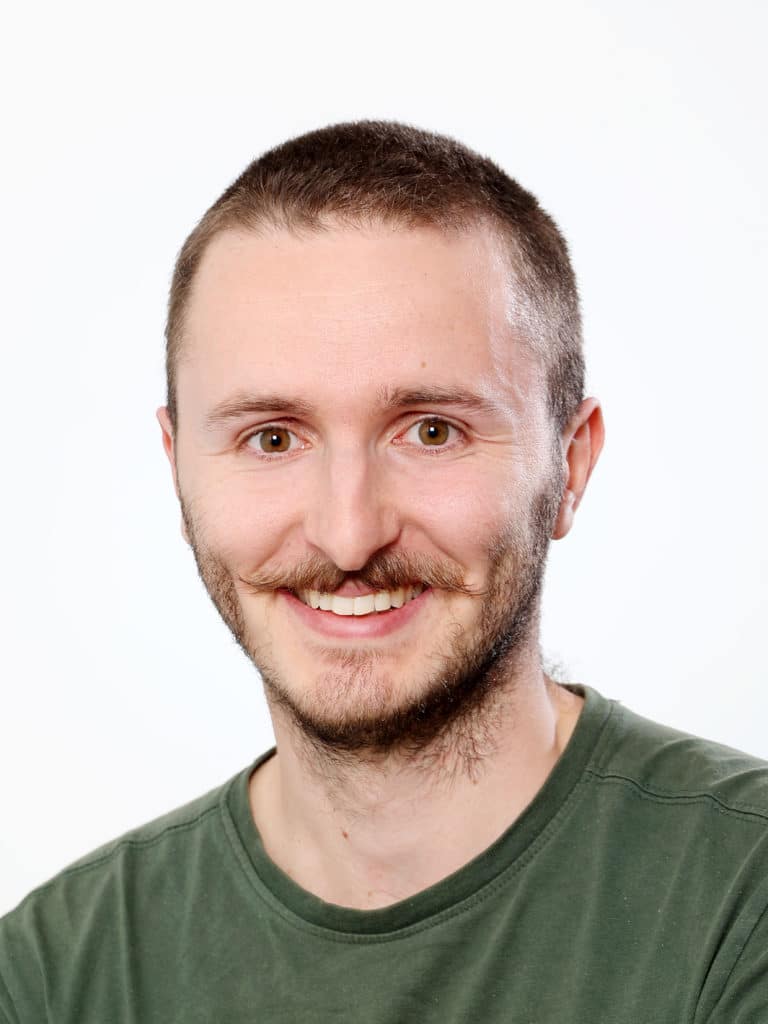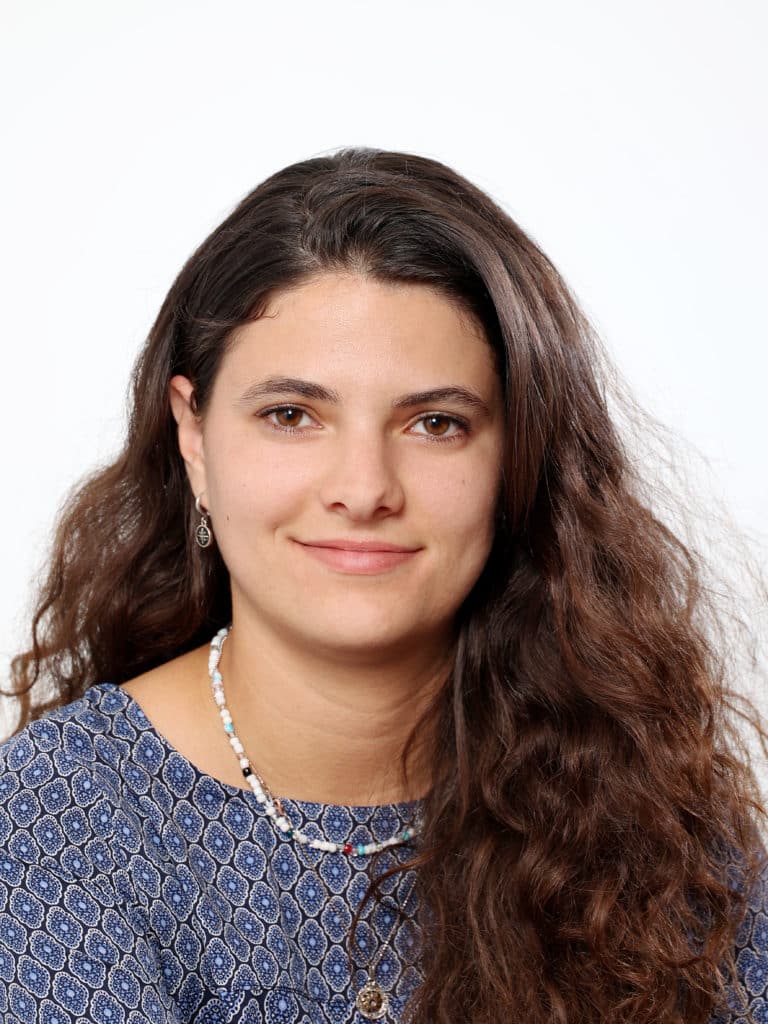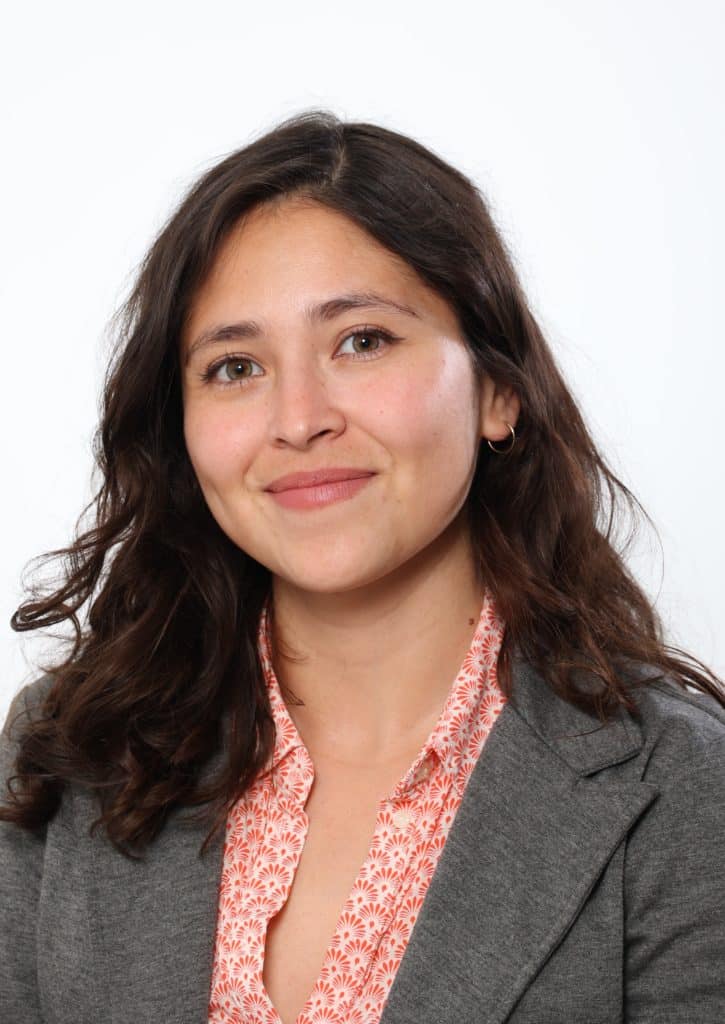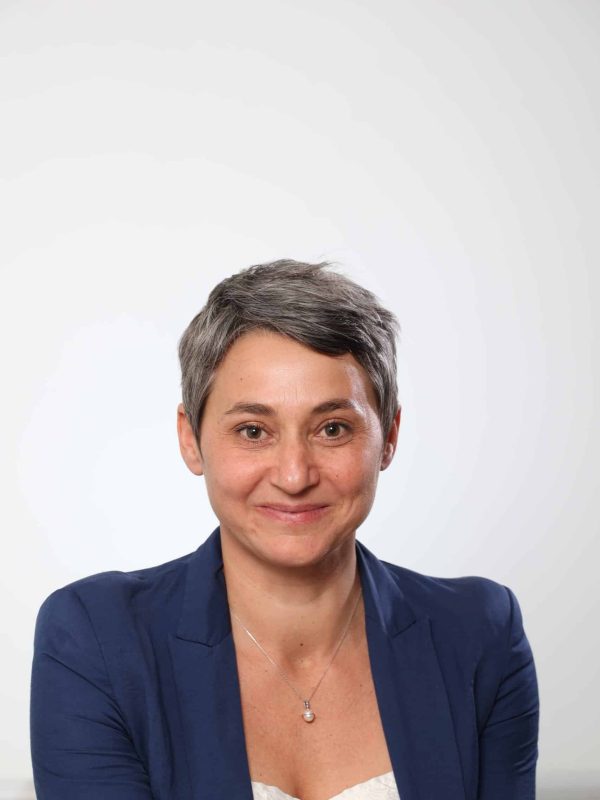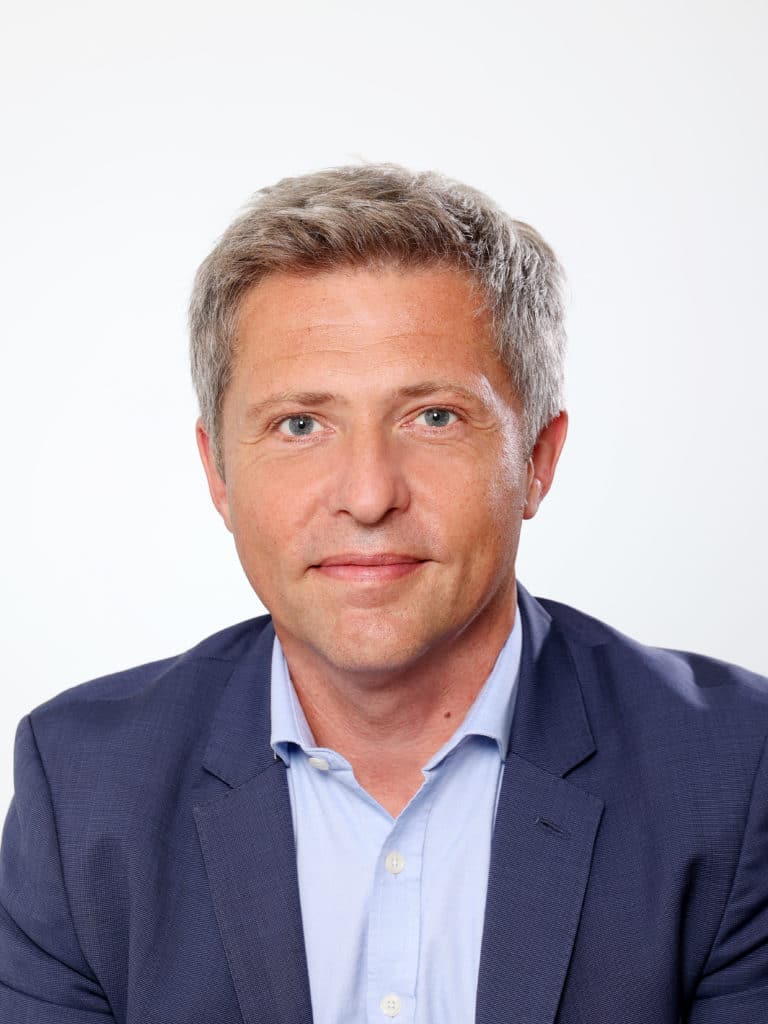Le 9 février, Le Grand Défi des entreprises pour la planète, partenaire de France Villes et territoires Durables, présentait les 100 propositions pour transformer le monde de l’entreprise vers “de nouveaux modèles de prospérité économique, humaniste et régénérative”, issues d’un long processus de consultation, de délibération, des débats et de revue juridique et technique.
Ces 100 propositions opérationnelles proposent de transformer :
- Les pratiques pour réduire l’empreinte écologique de la production et la consommation
- L’entreprise pour lui permettre de mieux aligner ses activités et son fonctionnement sur l’intérêt général
- Les référentiels pour donner une mesure au progrès environnemental et social et ainsi mieux jalonner les trajectoires de transitions
- Le cadre réglementaire
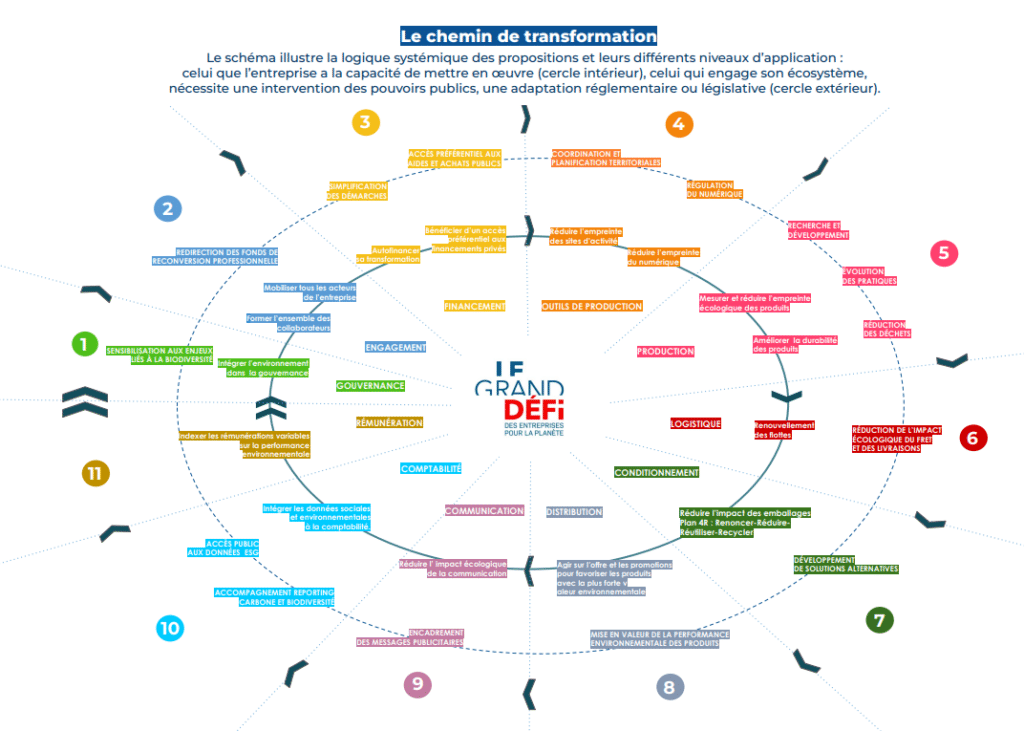
Les propositions du Grand Défi composent un parcours qui a pour ambition de faire émerger un nouveau modèle ajusté aux limités planétaires, à travers 11 catégories :
- Gouvernance : pour aligner l’intérêt de l’entreprise à la préservation des ressources naturelles, la protection de la biodiversité, la lutte contre le changement climatique et le respect des droits sociaux.
- Engagement : de tous les acteurs de l’entreprise, à tous les niveaux et de décision.
- Financement : simplifier les démarches d’accompagnement, faciliter l’accès aux aides et contrats publics et alléger les contraintes financières qui freinent la transformation des entreprises
- Outils de production : Intégration des impacts liés à la géographie, à la configuration des sites d’activité, ainsi que ceux des outils et ressources sur lesquels l’entreprise appuie sa production
- Production : responsabiliser les producteurs et réduire l’empreinte écologique des processus de fabrication
- Logistique : pour améliorer les modalités et faire évoluer les usages à l’échelle des fournisseurs, distributeurs ou consommateurs afin de réduire les émissions de gaz à effet de serre.
- Conditionnement : réduire l’empreinte écologique des emballages et dissocier le choix, l’usage ou la consommation des biens et leur conditionnement.
- Distribution : engager l’ensemble de fournisseurs, producteurs, distributeurs et consommateurs vers des pratiques plus transparentes et sobres.
- Communication : mettre la communication et la publicité au service de la prise de conscience et du passage à l’action
- Comptabilité : pour que les entreprises puissent s’appuyer sur des données, outils, guides et standards harmonisés et accessibles.
- Rémunération : lier la part variable des rémunérations à l’atteinte des objectifs écologiques, à tout niveau de l’entreprise.
Lire aussi
Avr
22
22
- Actualités des membres
Avr
15
15
- Actualité FVD
- Actualités des membres
Avr
01
01
- Actualité FVD
- Actualités des partenaires

